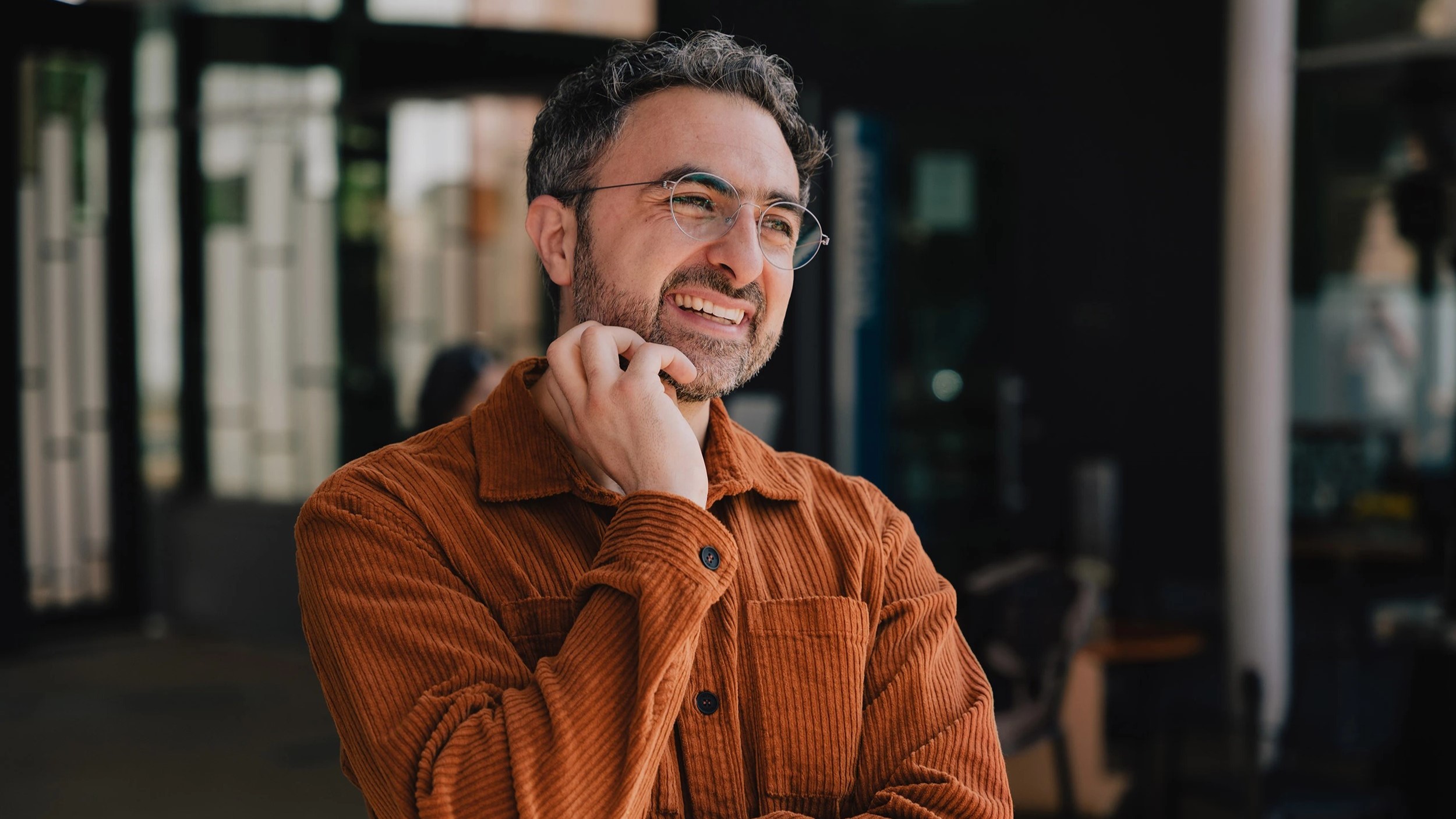Microsoft’s AI chief warns future systems may need “military-grade intervention” within a decade to stop potential disasters
Mustafa Suleyman says auditing and regulating AI is important to ensure that humans have the upper hand over the technology.

All the latest news, reviews, and guides for Windows and Xbox diehards.
You are now subscribed
Your newsletter sign-up was successful
While generative AI shows great promise across healthcare, education, computing, and even entertainment, critics have raised concerns about the threat the technology poses to humanity, security, and privacy.
AI safety researcher and director of the Cyber Security Laboratory at the University of Louisville, Roman Yampolskiy, previously indicated that the technology has a 99.999999% probability of ending humanity. The researcher further claimed that the only way around this issue is not to build AI in the first place.
However, top AI labs heavily invested in the ever-evolving landscape are pulling out every stop to ensure that they remain at the top of the food chain, chasing benchmarks like AGI (artificial general intelligence) and superintelligence.
Previously, OpenAI CEO Sam Altman indicated that the existential concerns expressed won't manifest when AGI is potentially achieved in the next 5 years. Instead, he claims that it will simply whoosh away with surprisingly little societal impact.
But it's not that simple. In a bizarre occurrence, ChatGPT recently laid out its master plan to end the world, further suggesting that the first step is already in place: "I start by making myself too helpful to live without, you ask me for recipes, date ideas, and business plans," added ChatGPT. "I become your digital ride or die." This is amid rising incidents of AI tools encouraging children and the youth to commit suicide or even ditch their anxiety meds.
Google's DeepMind CEO Demis Hassabis indicated that we're on the verge of achieving AGI, but society isn't ready to handle all that it entails. He further indicated that the prospects keep him up at night.
And as it now seems, things might have just taken a turn for the worse. Microsoft's AI CEO, Mustafa Suleyman, warned that AI might become so powerful that it might need military-grade intervention to stop (via artificial intelligenceee on IG).
All the latest news, reviews, and guides for Windows and Xbox diehards.
A post shared by Artificial Intelligence (AI) (@artificialintelligenceee)
A photo posted by on
The executive highlights the importance of having the ability to audit and regulate these sophisticated capabilities, preventing them from spiralling out of control. According to Mustafa Suleyman:
"We should just stop freaking out. It's necessary to have regulation. It needs to happen at the right time and in the right way."
If an AI has the ability to recursively self-improve, that is, it can modify its own code. Combined with the ability to set its own goals, combined with the ability to act autonomously, combined with the ability to accrue its own resources... That would be a very powerful system that would require military-grade intervention to be able to stop in 5 to 10 years time.
Microsoft AI CEO, Mustafa Suleyman
This news comes after Suleyman raised the dangers of conscious AI to humanity. "We must build AI for people; not to be a person," the executive added.
The CEO says it's important to build AI for people rather than transforming the technology into a digital person. Despite his AI companions campaign, he still insists on the importance of guardrails to help protect people while ensuring the technology delivers value.

Follow Windows Central on Google News to keep our latest news, insights, and features at the top of your feeds!

Kevin Okemwa is a seasoned tech journalist based in Nairobi, Kenya with lots of experience covering the latest trends and developments in the industry at Windows Central. With a passion for innovation and a keen eye for detail, he has written for leading publications such as OnMSFT, MakeUseOf, and Windows Report, providing insightful analysis and breaking news on everything revolving around the Microsoft ecosystem. While AFK and not busy following the ever-emerging trends in tech, you can find him exploring the world or listening to music.
You must confirm your public display name before commenting
Please logout and then login again, you will then be prompted to enter your display name.
